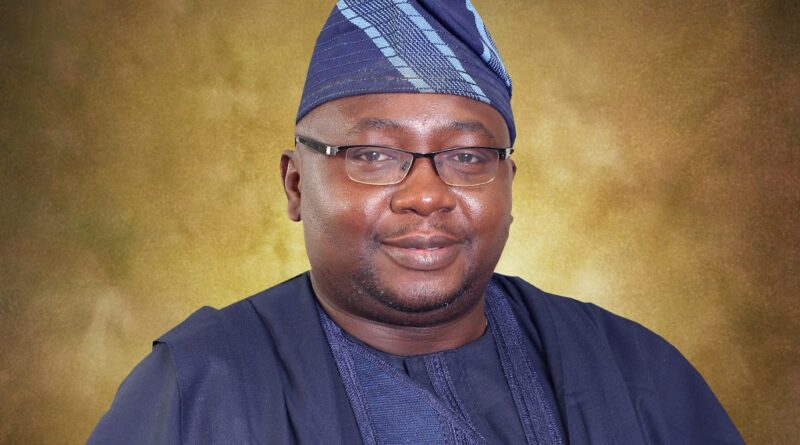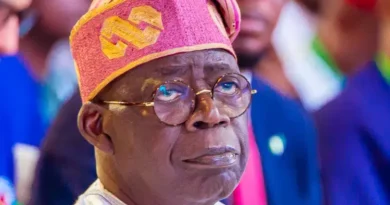Power Grid Stability Improves as FG Adds 700MW to Transmission Network
The Federal Government of Nigeria has announced a major breakthrough in its efforts to stabilize the country’s power grid by adding 700 megawatts (MW) to the national transmission capacity. The Minister of Power, Adebayo Adelabu, confirmed this during a meeting with the European Union Ambassador to Nigeria, Gautier Mignot, in Abuja.
Adelabu explained that the success is part of the ongoing Presidential Power Initiative, backed by a $2.3 billion investment. This project has focused on revamping the country’s transmission systems, including the installation of 10 power transformers and 10 mobile substations across different states. According to the minister, nearly 90% of this new capacity is now operational, helping the grid remain stable even when supply levels rise beyond 5,000 MW.
“Before now, once the grid reached 5,000 megawatts, it would often collapse,” he said. “But now we’re regularly seeing supply levels of 5,000 to 8,000 MW, thanks to the increased capacity from this project.”
Adelabu also highlighted other achievements under the current administration, including the highest average daily power consumption of over 20,000 kilowatt-hours and the highest energy transmission level of 5,801.63MW. These milestones, he said, are a clear result of targeted reforms and investments in the energy sector.
He emphasized the importance of continued support from international partners, especially the European Union, noting that countries like Germany and France have played key roles in supporting the Siemens-led project. “We are working hard to transform Nigeria’s power sector because it is critical for economic growth, industrialisation, and improving lives,” the minister stated.
Reflecting on Nigeria’s long-standing energy issues, Adelabu acknowledged that the country still faces major challenges despite having had electricity before many European nations. He blamed decades of underperformance on inconsistent power supply, which has hindered local production and increased dependence on imports.
Nonetheless, he said there has been visible progress under President Bola Tinubu’s administration, particularly in energy access expansion to rural and semi-urban areas using solar and hydroelectric solutions. He also highlighted the benefits of the Electricity Act 2023, which he described as a game-changer in driving sector-wide reforms.
In a separate event, Adelabu was named Power Sector Personality of the Year at the Energy Times Newspaper Awards. Represented by his adviser, he reiterated the government’s ongoing commitment to providing stable, affordable, and accessible electricity across Nigeria. Key priorities under the “Renewed Hope Agenda” include grid strengthening, renewable energy integration, policy reforms, and rural electrification.
Meanwhile, Jennifer Adighije, Managing Director of the Niger Delta Power Holding Company of Nigeria (NDPHC), won the Young Achiever of the Year award. Her leadership has already led to a 230MW boost in power generation by restoring two faulty turbine units. Speaking at the awards ceremony, Adighije pledged continued dedication to the company’s mandate of scaling generation, transmission, and distribution across Nigeria’s entire energy value chain.
Other awardees included Governor Abayomi Oyebanji of Ekiti (Energy Governor of the Year), Mele Kyari, former NNPC CEO (Man of the Year), and Folake Soetan, CEO of Ikeja Electric (Amazon of Nigeria’s Power Sector). Corporate winners included Shell Nigeria Exploration, Seplat Energy, Egbin Power, and Heirs Energies.
These developments mark a promising turn in Nigeria’s long journey toward achieving a more reliable and sustainable electricity supply for all.








